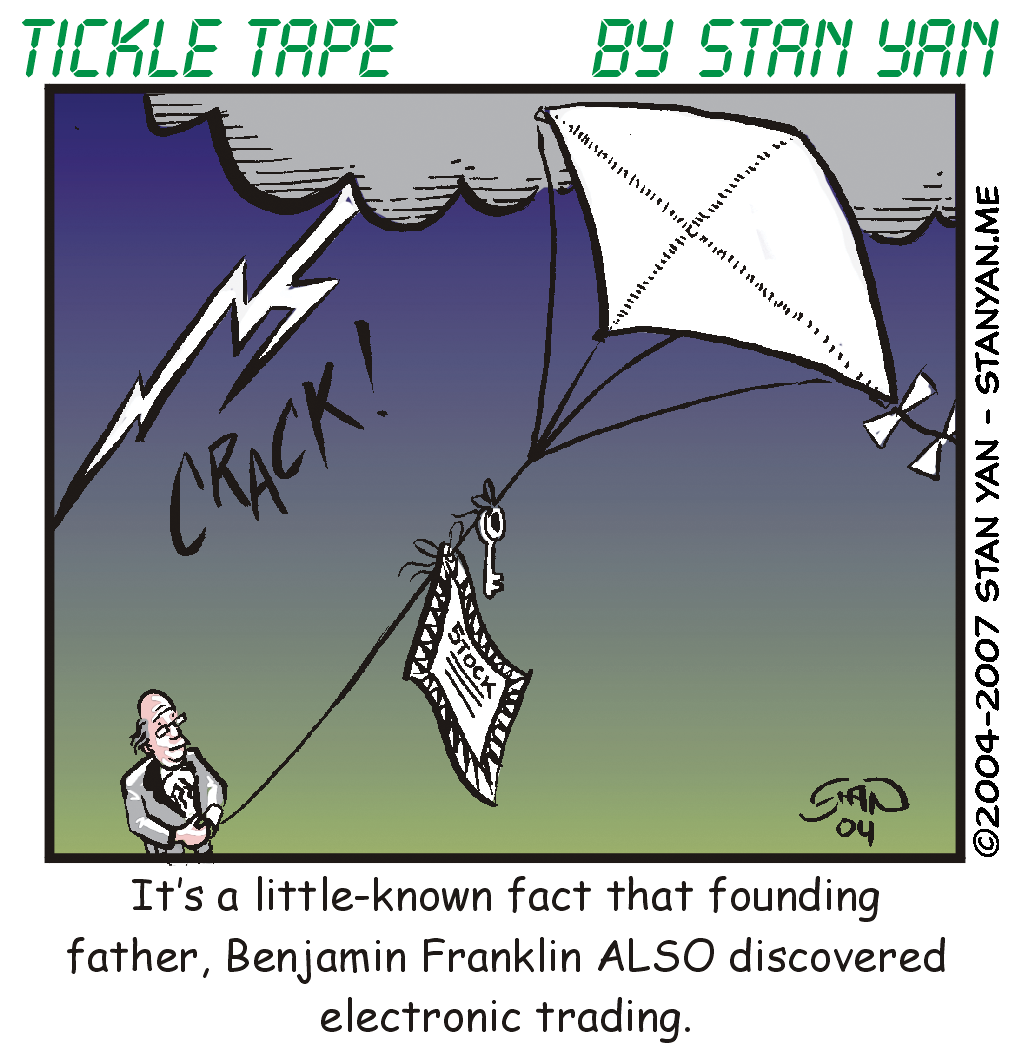Jack’s been trading for the past five years, and he has put in a heroic effort. He worked two jobs to build up enough capital to trade and have a realistic chance of success. He spent nights and weekends learning new, innovative trading methods. Has it paid off in terms of profits? No! Jack is starting to get fed up. He has sacrificed and he has put in a heroic effort, and can’t help but think his trading goals are merely pipedreams. Ever felt this way? If you’ve been trading the markets for the past few years, you know exactly what I mean. It’s at times like these, however, that you need to think strategically rather than emotionally. It’s times like these where you have to start working even harder to achieve financial success.
We’ve interviewed over one hundred traders in our studies at Innerworth, and we’ve found that the traders at the top of the field have had some serious setbacks. They’ve lost thousands, even millions, of dollars before making it big. That doesn’t mean that you should plan on needing to make and lose thousands of dollars to master the market, but this observation illustrates the magnitude of the setbacks that a master trader must face before reaching the top. When you face a setback, you have two choices: You can find a new profession or you can pick yourself up by your bootstraps and work persistently to turn things around.
A can-do attitude is essential for success, but it can be difficult to maintain optimism when faced with constant setbacks. It’s natural to get fed up. Your emotions take over. Your thoughts become consumed with frustration. You start thinking, “It’s not fair. I’ve tried so hard and I SHOULD get a big payoff for it.” It would be nice if the markets would behave in a manner consistent with our expectations, but we have to go where the markets take us. We have to accept whatever the markets want to give us and accept what we can take out of the markets. If you give in to pessimism and frustration, you’ll never take any profits out of the markets. Rather than allow your emotions to take over, it is vital to regaining your optimistic, mental edge.
How do you do it? First, acknowledge that trading is a challenge. Don’t take a Pollyanna approach to trade. Don’t fool yourself into thinking it’s easy. You’ll just set yourself up for failure and be especially disappointed when you face a setback. “Hard” doesn’t mean “impossible.” If you acknowledge the challenges inherent in mastering the markets, you’ll develop a realistic, methodical plan to overcome obstacles. Second, admit your frustration. Trading expert Dr. Ari Kiev suggests that if you acknowledge your feelings, they will dissipate. If you admit your frustrations as they happen, they will pass, and you can then get ready to overcome the setback. Third, you must be ready to cultivate an optimistic attitude. Think positively.
Trading is something that you can learn. If you put in the effort, you will eventually succeed. You may not be an overnight success. You may not be a natural-born trader, but you will succeed. Finally, always think strategically rather than emotionally. It’s important to focus on solving problems rather than reacting to setbacks emotionally. Don’t get fed up. When you face a setback, pick yourself up. You’ll find that with enough work, you’ll make the profits you want.

